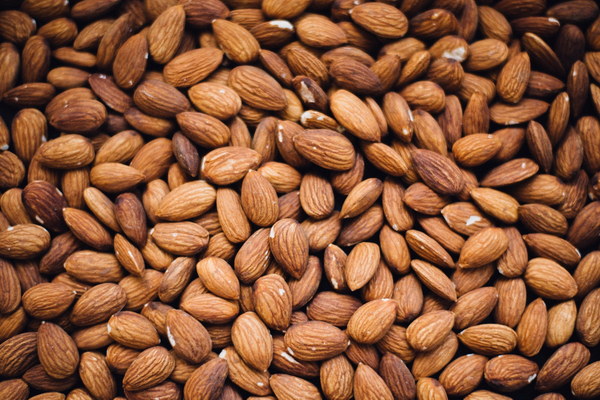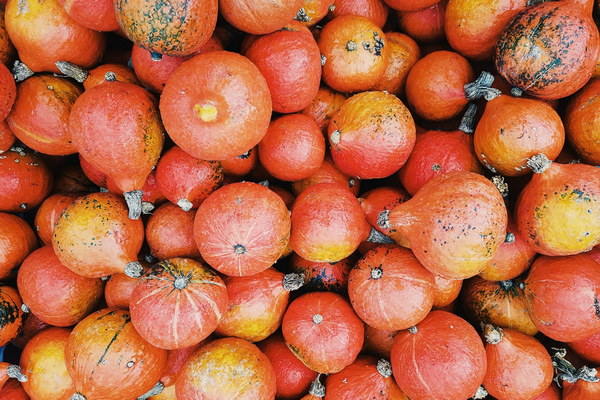What Vegetables Can Nourish Your Childs Stomach
Introduction:
Feeding children a balanced and nutritious diet is essential for their growth and development. Among the various nutrients required, a healthy stomach is crucial. In this article, we will explore the best vegetables that can help nourish your child's stomach, promoting digestion and overall well-being.
1. Carrots:

Carrots are rich in beta-carotene, which is converted to vitamin A in the body. Vitamin A plays a vital role in maintaining the integrity of the mucous membranes lining the digestive tract. Incorporating carrots into your child's diet can help protect their stomach from irritants and promote healthy digestion.
2. Spinach:
Spinach is a powerhouse of nutrients, including vitamins A, C, and K, as well as iron and fiber. These nutrients work together to strengthen the digestive system and improve gut health. The fiber in spinach helps to keep the digestive tract moving, reducing constipation and promoting regular bowel movements.
3. Sweet Potatoes:
Sweet potatoes are an excellent source of beta-carotene, fiber, and vitamin C. These nutrients aid in digestion and can help prevent stomach discomfort. The natural sugars in sweet potatoes also have a soothing effect on the stomach, making them an ideal food for children with sensitive stomachs.
4. Broccoli:
Broccoli is a cruciferous vegetable that contains high levels of fiber, vitamins, and minerals. This combination supports a healthy digestive system by promoting regular bowel movements and reducing inflammation. Broccoli also contains sulforaphane, a compound that has been shown to have cancer-fighting properties.
5. Peas:
Peas are a great source of fiber and protein, making them an excellent choice for children with stomach issues. The fiber helps to move food through the digestive tract smoothly, reducing the risk of constipation and bloating. Peas also contain vitamin K, which is essential for maintaining healthy bones and blood clotting.
6. Asparagus:
Asparagus is a low-calorie, high-fiber vegetable that can help improve digestion. It contains inulin, a type of fiber that serves as food for beneficial gut bacteria. This can lead to better gut health and a reduction in stomach discomfort. Asparagus is also rich in vitamins A, C, and E, which support the immune system and overall health.
7. Cucumber:
Cucumbers are a hydrating and refreshing vegetable that can help soothe an upset stomach. They contain electrolytes, such as potassium, which can help maintain proper fluid balance and reduce stomach cramps. The high water content in cucumbers also aids in digestion and prevents constipation.
8. Garlic:
Garlic is a flavorful herb that has been used for centuries to promote digestion. It contains allicin, a compound that has anti-inflammatory and antibacterial properties. Garlic can help reduce bloating, gas, and improve overall gut health. Adding garlic to your child's meals can be a great way to incorporate this beneficial herb into their diet.
Conclusion:
Incorporating a variety of vegetables into your child's diet can help maintain a healthy stomach and support overall well-being. The vegetables mentioned above are packed with nutrients that aid in digestion, reduce inflammation, and promote gut health. By offering your child these nutritious options, you can ensure they grow up with a strong and resilient digestive system. Remember to introduce new foods gradually and in small quantities to monitor any potential allergies or sensitivities.









